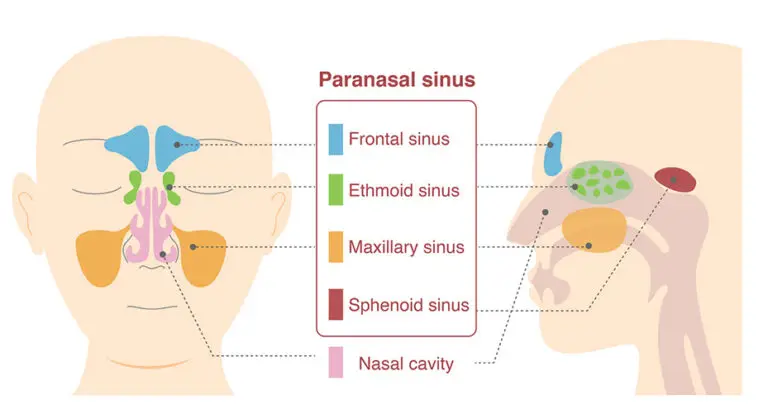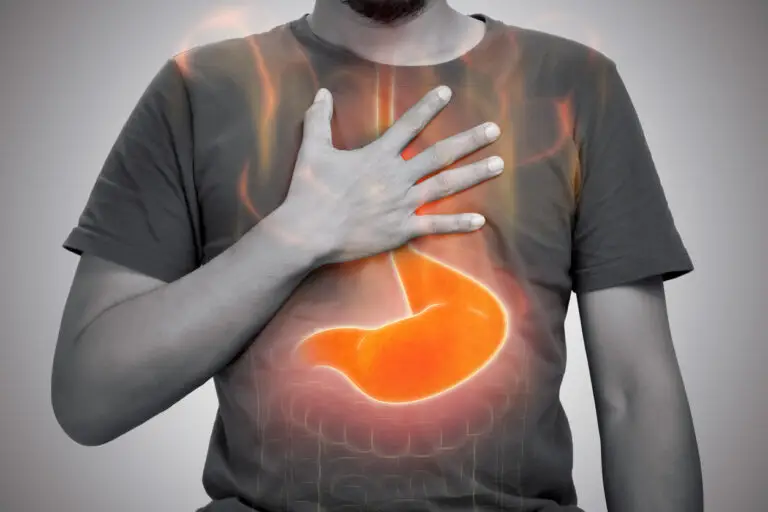Although providing benefits for our veterans is a cause that many American politicians and citizens claim to care deeply about, the specific needs of our women veterans get overlooked by programs and organizations. The number of women veterans is growing at an exponential rate. Currently, about 2 million women veterans make up 11% of all veterans in the U.S. Women are expected to make up 18% of the veteran population by 2046.
Military transition can be challenging, and even more so for those often not recognized by the public as veterans. Women veterans are frequently mistaken for military spouses, whether attempting to get care at the VA, trying to connect with comrades at the VFW, or simply enjoying a free coffee on Veteran’s Day. After all these years, our stereotypical view of what a veteran is has not evolved to reflect the true diversity of the nation’s armed forces, which includes more races, backgrounds, and genders than ever before.
We’ve come to depend on the fact that healthcare will be there for us after the years of pounding our feet running on the pavement. Compressing our knees jumping off the back of vehicles. And all the other wear and tear on our bodies from everyday occupational hazards. But for many women veterans who enter the doors of their regional VA medical center, the environment is not what they’ve imagined at all. It can almost feel as though you’ve stepped back in time.
Why are women veterans having trouble getting care at the VA, or just not interested in using VA healthcare benefits at all?
Women’s Health
One reason to avoid using the VA is the lack of specific services for women’s health issues. Women veterans get referred to private health care providers for gynecology, mammograms, and maternity care not offered at VA facilities. Coordinating referred care has its challenges. Wait times for appointments are long, and communication between the VA and referred care is often poor.
The VA has opened its own Women’s Health Clinics, which has been a significant improvement in the care of women veterans. But most are in urban areas, and travel times from rural areas can be a barrier. Some clinics have closed due to funding, staffing, and attendance issues. Women who lack other medical insurance rely on these vital services. More clinics need to be available to provide the specialized care that women veterans need.
Mental Health
Women veterans are more susceptible to mental health issues such as PTSD, substance abuse, eating disorders, and MST (military sexual trauma) than their male comrades. VA facilities follow outdated male-centric care focus lack the services necessary to treat women in their unique mental health needs.
 A lack of female mental health professionals or the option of women-only group counseling can make women veterans hesitant to seek mental health care at the VA. Some women are not comfortable discussing sensitive issues with male providers or male colleagues in a group setting.
A lack of female mental health professionals or the option of women-only group counseling can make women veterans hesitant to seek mental health care at the VA. Some women are not comfortable discussing sensitive issues with male providers or male colleagues in a group setting.
Just recently, the VA implemented the VA Military Sexual Trauma (MST) Program to help veterans coping with MST regardless of gender or veteran’s eligibility status. Each VA facility now has an MST coordinator responsible for connecting veterans with MST care, and there is no out-of-pocket cost for veterans. Hopefully, the VA will create similar programs as we learn more about the specific needs of our current veteran population.
Prosthetics
Prosthetics are not one size fits all, and most women veterans who receive prosthetics say they are bulky and designed to fit the male body. It’s no wonder that prosthetics rejection affects 80% of women and only 15% of men. Due to a woman’s naturally smaller size and monthly changes to the body, women experience more reactions and rejection. Ill-fitting prosthetics can also lead to long-term pain and arthritis.
Prosthetics can be customized to women, but until recently, women veterans could not receive specialized ones at the VA. Women should not have to suffer further trauma beyond limb loss from painful prosthetics that don’t work. The VA needs to make customized prosthetics a priority for female veterans and careful follow-up care to ensure prosthetics are comfortable and functional.
Sexual Minority Female Veterans
Perhaps the smallest group of women veterans are the sexual minority (homosexual or bisexual) female veterans. These women have unique health disparities and prevalence compared to heterosexual women veterans. Statistically, they have higher odds of mental distress, substance abuse, and poor overall health.
Minority stress is one factor that may be to blame for the health challenges these women veterans face. After 18 years of living under the Don’t Ask, Don’t Tell regulations, sexual minority veterans were at risk of blackmail and manipulation, living in fear of being “outed” and discharged. The mental stress of this ever-present fear can lead to anxiety, depression, and suicidal ideation.
Now that they are out of the military, many sexual minority female veterans don’t wish to enter a military-like facility such as the VA. They perceive staff as unwelcoming and uninformed, unable to help them in their unique challenges.
And sexual minority veterans discharged under Don’t Ask, Don’t Tell face an even bigger challenge. They aren’t even eligible for VA benefits without perusing an upgrade to their military discharge.
Why Women Veterans Don’t Use VA Healthcare
Only about 38% of women veterans use the VA health benefits that they earned for their service to this country. Those who do often use it as a backup plan when they don’t have private health insurance.
A study published in 2019 by the Journal of Humanistic Psychology discussed findings from interviews of a group of women veterans in Los Angeles, CA, to discover what kept them from seeking medical services at the VA. The women cited several reasons, including the following:
-
-
- Too hard to apply for benefits; the process has too much red-tape
- Misinformation about eligibility for women veterans
- VA environment reminds them of traumatic military experiences (combat, military sexual trauma, etc.)
- Fear of harassment from staff and other veterans
- The perception that the VA does not have adequate services for women’s healthcare needs
-
With the above perceptions, it’s clear to see why the VA would not be a woman veteran’s first choice for something as personal as the care of her physical and mental health. The VA must continue to take steps to modernize its facilities, creating a comfortable and accepting environment for every American veteran.
And the inequities don’t stop with healthcare. Women often face a tougher road when applying for disability compensation too. As illustrated in Bethanie Spangenberg’s article Discussing SMC(K): VA Prioritizes Male Erection, conditions effecting male veterans seem to take priority over conditions specific to females.
If you or someone you know is a female veteran that needs guidance in navigating the VA health care system and claims process, contact Valor 4 Vet for assistance.



